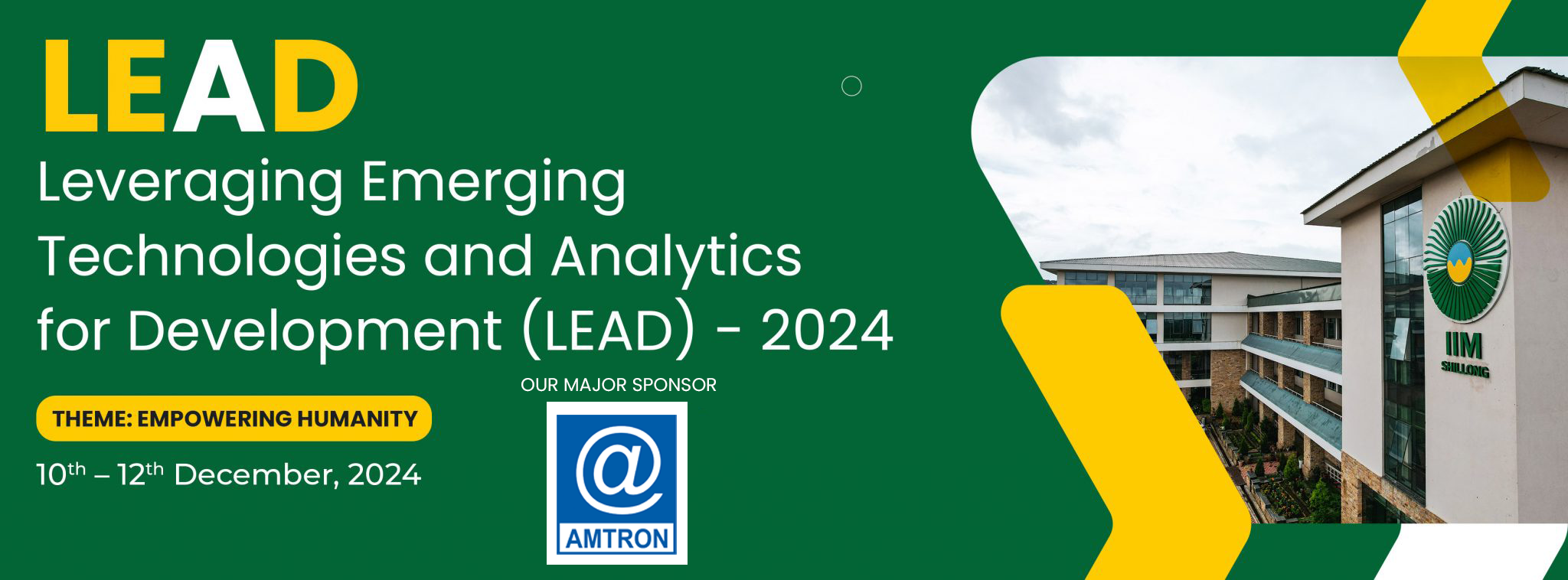
Theme: Empowering Humanity
(10th – 12th December, 2024 )
LEAD-2024 is an International Conference focusing on the intersection of emerging technologies, analytics, and development. With the overarching theme of “Empowering Humanity,” LEAD-2024 seeks to bring together thought leaders, researchers, innovators, and policymakers from around the globe to deliberate on how cutting-edge technologies can be harnessed for the greater good of society. This conference provides a unique platform for interdisciplinary discussions, fostering collaboration between experts in AI & analytics, sustainability, different areas of management, and IT.
At LEAD-2024, participants will be able to delve into a wide range of topics, including the ethical implications of emerging technologies & analytics, their impact on social justice, and strategies for ensuring inclusive and sustainable development. The conference will feature keynote speeches from renowned experts, panel discussions, and interactive tutorials, creating a dynamic environment for exchanging ideas and formulating innovative solutions. By focusing on the theme, LEAD-2024 aims to inspire a collective commitment to using technology for positive change, addressing global challenges, and advancing the well-being of individuals and communities worldwide.
As the world grapples with complex challenges, from climate change to economic inequality, LEAD-2024 is a crucial platform for fostering collaboration and exploring the untapped potential of emerging technologies. Through this international gathering of minds, the conference aspires to chart a path forward toward a future where technology catalyzes empowerment, equality, and sustainable development on a global scale.
Click Here to Download
The conference will feature keynote presentations, paper presentations, industry and academic panel discussions, pre-conference workshops, and tools/application demonstrations.
Researchers, academics, industry professionals, policymakers, students, and other stakeholders interested in the application of emerging technologies for empowering humanity.
The conference provides a global platform for engaging in dialogues and deliberations. Papers are welcomed for the following topics (not limited to):

Eminent Scholar and Verizon Chair at Virginia Tech - Pamplin College of Business
Served in editorial roles in various journals, including:
• Management Science
• MIS Quarterly
• Information Systems Research
• Journal of Operations Management
• Journal of the AIS
• Organizational Behavior and Human Decision Processes
• Production and Operations Management
• Decision Sciences Journal

Rolls-Royce Commonwealth Eminent Professor of Commerce
Immediate Past President, Association for Information Systems
Editor-in-Chief, Information Systems Research (INFORMS)

Professor at University of Colorado Boulder
Senior Editor at Information Systems Research and Journal of the Association for Information Systems.
Member of the MIS Quarterly Policy Committee
Served as Senior Editor at:
• MIS Quarterly
• Decision Sciences
• AIS Transactions on HCI

Dean of the Woody L. Hunt College of Business at The University of Texas at El Paso
Serves on the editorial board of Psychology and Marketing.
Published in prominent journals: Journal of International Marketing, Industrial Marketing Management, Entrepreneurship Theory & Practice, Psychology and Marketing, Journal of Management Studies, International Marketing Review, and International Business Review

Partner, Technology Consulting at EY specializing in Business Transformation

Accenture Global Technology Lead Industry Group – Comms, Media & Technology

IAS, Secretary, Government of Meghalaya

Chief Logistic, Tata Steel

General Manager (Information Systems), Indian Oil Corporation

Technology Advisor, Assam Electronics Development Corporation Ltd. (AMTRON)

Verizon Professor, Virginia Tech - Pamplin College of Business, Virgina

Professor, Marketing and Management Department, College of Business Administration (COBA), The University of Texas at El Paso

Editor, Business & Management, Economics, Law, Statistics, Political Science, Springer India

Professor, Shailesh J. Mehta School of Management, I.I.T.Bombay and Editor-in-Chief, International Journal of Global Business and Competitiveness (JGBC), Springer

Rolls-Royce Commonwealth Commerce Professor (Information Technology), McIntire School of Commerce, University of Virginia.

Milton F. Stauffer Professorship in the Department of Management Information Systems, Fox School of Business,Temple University.
Type of Submissions:
LEAD-2024 invites academicians, research scholars, and corporate/industry executives to submit Full paper (Research Paper (Qualitative / Quantitative/ Mixed Methods), Literature Review, Case Study, Conceptual paper, Tools demo paper). Authors wishing to submit multiple papers will have to do separately.
Author Guidelines:
All papers must be original and not previously submitted for any other conference or journal. Authors must follow the ICIS 2024 Format while preparing their manuscript. Manuscript must have a minimum of 5000 words, excluding abstract and reference list. The similarity of the text must not exceed 10% (including similarity in literature review). Authors should mention the name of the track to which they are submitting their work.
Review Process:
Submitted papers will undergo a double-blind peer review process based on relevance, originality, significance, and clarity. Authors will be notified of revision/ acceptance/ rejection by the specified deadline.
LEAD-2024 will be conducted in hybrid mode. Indian participants will present papers physically at the IIM Shillong campus. International participants may present their papers virtually.
| Last date for full paper submission | 31st July, 2024 (Submission Closed) |
| Submission of extended extract | 30th September, 2024 |
| Final Decision on acceptance/rejection of full papers | On or before 31st August, 2024 |
| Registration Begins | 1st September, 2024 |
| Registration Closes | 31st October, 2024 |
| Participants | Amount |
|---|---|
| PhD scholars | ₹8000 |
| Academicians | ₹10000 |
| Industry Officials | ₹12000 |
| International researchers | $125 USD |

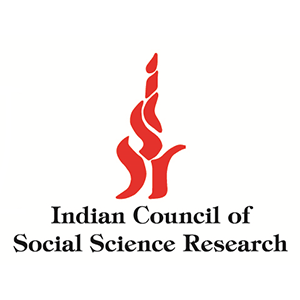

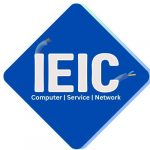

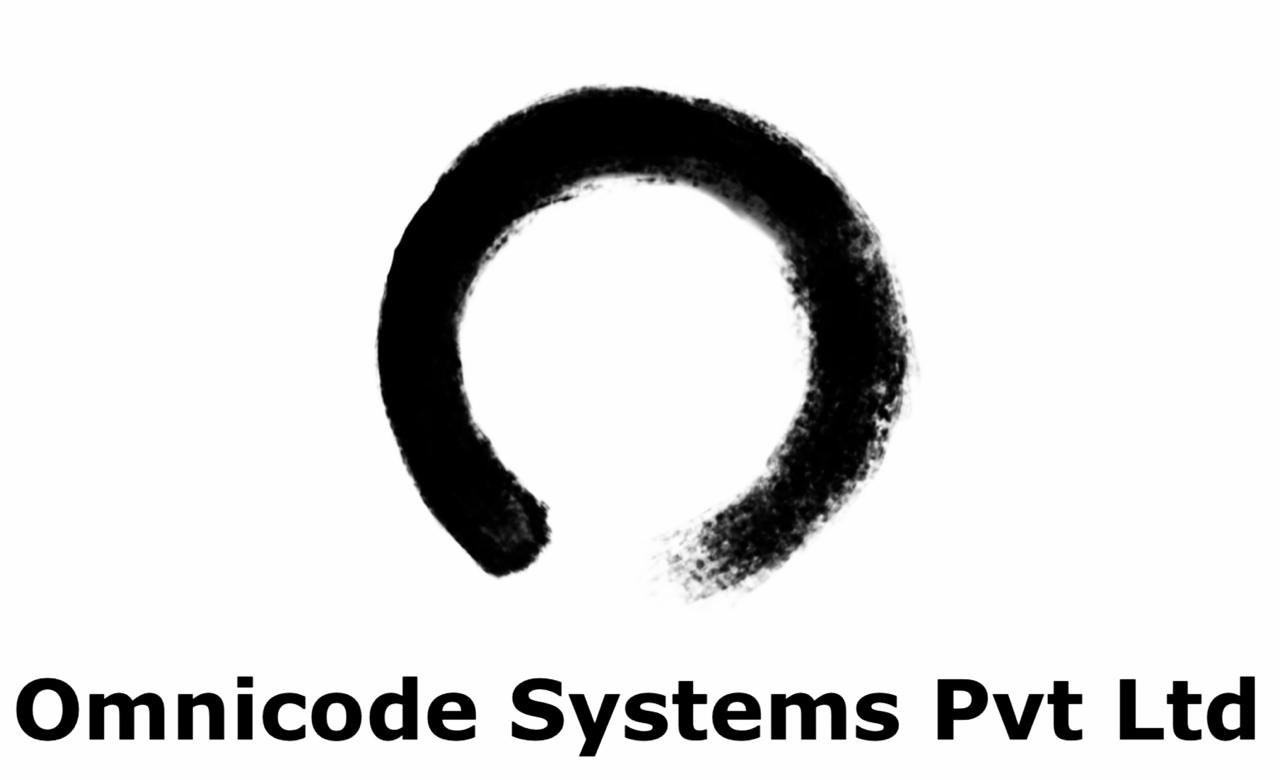
University of Texas at El Paso
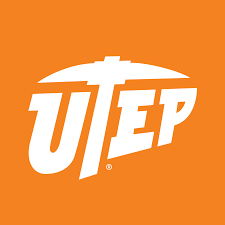
ICT4D Research Group, University of Agder, Norway

Publication of Conference Proceedings: All accepted papers will be published in conference proceedings by Springer in their Scopus-indexed book series.
Journal Publication Opportunities (For papers registered and presented during Conference):
The following journals accepted to consider selected papers for publication as per their norms of reviews:
1. Global Business and Organizational Excellence, (ABS, SCOPUS,Print ISSN: 1932-2054, Online ISSN: 1932-2062), by Wiley

2. International Journal of Global Business and Competitiveness, (ABDC, Print ISSN: 0973-4619, Online ISSN: 0976-1888), by Springer: Selected papers from the track: “Management of Technology and Competitiveness**” and selected papers related to competitiveness from other tracks will be considered for publication in JGBC. For more information about the journal, visit: https://link.springer.com/journal/42943

3. IIMS Journal of Management Science, (EBSCO, Print ISSN: 0976-030X, Online ISSN:0976-173X), by Sage. For more info about the journal, visit: https://journal.iimshillong.ac.in
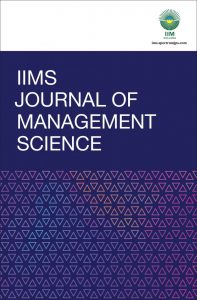
Conference Patron: Prof. D.P. Goyal, Director, Indian Institute of Management, Shillong
Conference Co-chairs
Committee Members
Conference Coordinators
Conference Email: leadconf@iimshillong.ac.in
Conference Website: https://www.iimshillong.ac.in/events-and-conferences/conferences/lead
Phone no.: 0364-2308027
Address: Indian Institute of Management Shillong, Umsawli, Shillong, 793018, Meghalaya, India
About IIM Shillong
IIM Shillong, the seventh IIM in India, has been set up with a vision to become an internationally recognized Management Institute with a Global outlook grounded in Indian values. From its inception, it has been constantly working towards a lofty mission to generate and disseminate knowledge in all aspects of management education with a focus on Sustainability and building innovative leadership.
Travelling to Shillong
Surrounded by verdant hills, Shillong offers a beautiful panoramic view of the graceful scenic countryside. Shillong can be reached by taxi from Guwahati airport/railway station, which is about120 km away. Guwahati airport is well connected to many major cities in India including Bangalore, Chennai, Delhi, Mumbai, and Kolkata. Helicopter services are also available between Guwahati and Shillong. Shillong is connected to Assam, Manipur, Tripura, West Bengal and New Delhi through direct flights.